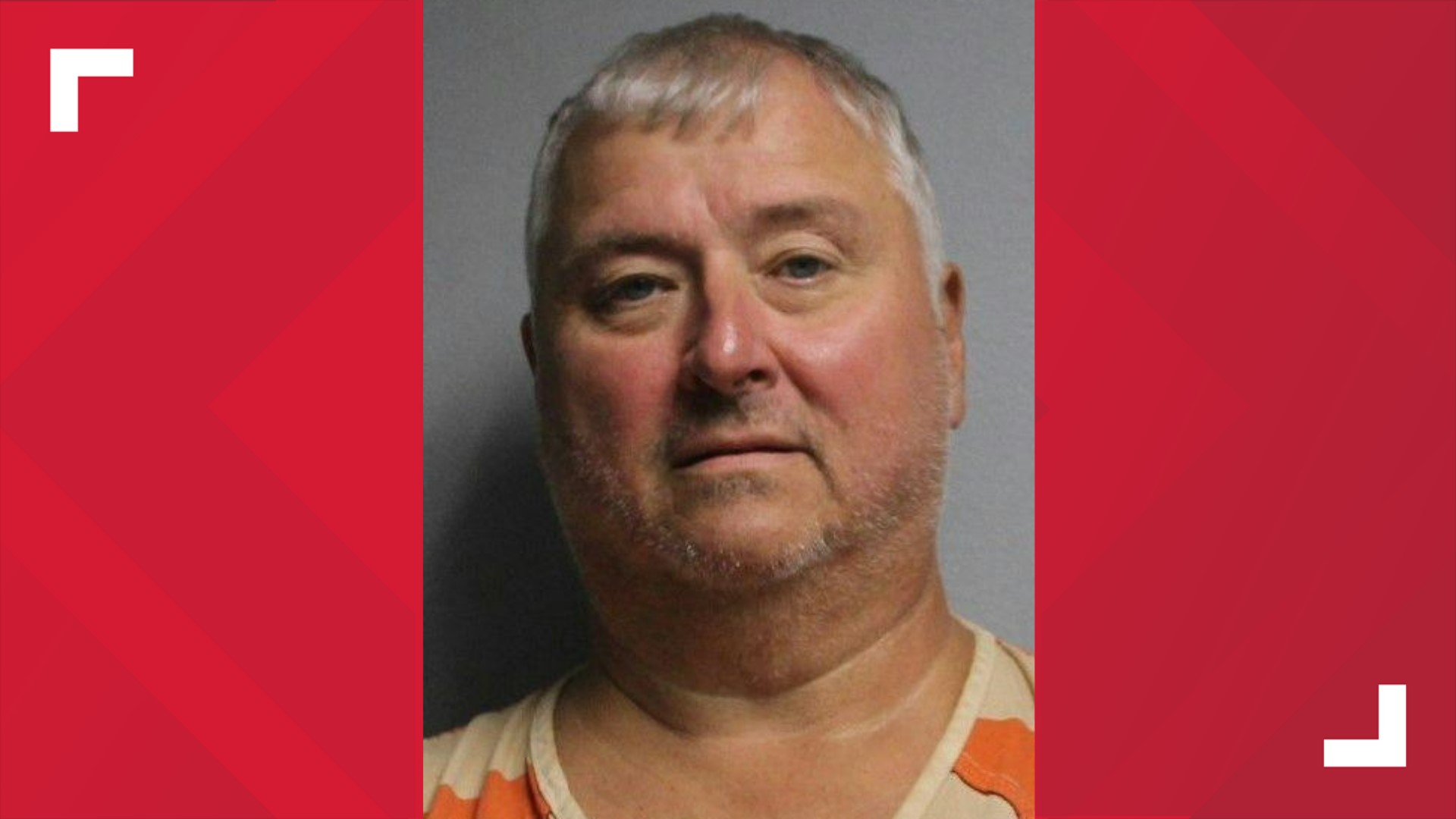COLUMBUS, Ohio — Sitting in a federal prison cell in Elkton, Ohio, 65-year-old Larry Householder is still plotting his release.
The convicted felon who is serving 20 years in prison for the largest political corruption case in Ohio history is hoping he has a friend in President-elect Donald Trump.
“The President’s power to either commute or pardon is unlimited for federal crimes. We are really early in the process and we are going to pursue every avenue to bring him home to his family,” said attorney Scott Pullins.
Pullins said Householder’s sentence was excessive and the judge who oversaw the case was biased. Two points, he said, that should allow Householder to be free.
"Larry Householder raised dark money for two different state supreme court races that helped defeat Judge Tim Black and frankly, the judge should never have stayed on that case,” said Pullins.
Householder, of Glenford, Ohio, was sentenced in federal court last year to 240 months in prison for leading a racketeering conspiracy to receive nearly $61 million in bribes to pass and uphold a billion-dollar nuclear plant bailout.
"Larry Householder led a criminal enterprise responsible for one of the largest public corruption conspiracies in Ohio history," said U.S. Attorney Kenneth L. Parker.
Pullins said he will likely file a pardon. A pardon is an expression of the president's forgiveness. It does not signify innocence. It does, however, remove civil disabilities like holding state or local office or sitting on a jury. A commutation of a sentence reduces a sentence, either totally or partially. It does not change the fact of conviction, or imply innocence.
Those seeking a pardon normally have to wait 5 years after they were sentenced to apply, but the president can waive that.
A jury found Householder and former Ohio Republican Party Chair Mathew Borges, 50, of Bexley, Ohio, guilty of participating in a racketeering conspiracy. The verdict was announced in March, following a six-week trial that included more than 1,000 exhibits and 25 witnesses.
According to court documents and trial testimony, from March 2017 to March 2020, the enterprise traded millions of dollars in bribery campaign donations in exchange for Householder’s and the enterprise’s help in passing House Bill 6. The defendants then also worked to corruptly ensure that HB 6 went into effect by defeating a ballot initiative to overturn the legislation.
In March 2017, Householder began receiving quarterly $250,000 payments from the related energy companies into the bank account of his 501(c)(4), Generation Now. Team Householder spent millions of the company’s dollars to support Householder’s political bid to become Speaker, to support House candidates they believed would back Householder and for their own personal benefit.
Akron-based FirstEnergy would pay $100 million to resolve an investigation by the U.S. Securities and Exchange Commission related to bribes involving the passage of the HB 6 legislation that in part aimed to prop up financially struggling nuclear power plants.
FirstEnergy previously paid the U.S. $230 million to settle criminal charges stemming from the HB 6 political corruption scandal. No one from FirstEnergy was prosecuted.

